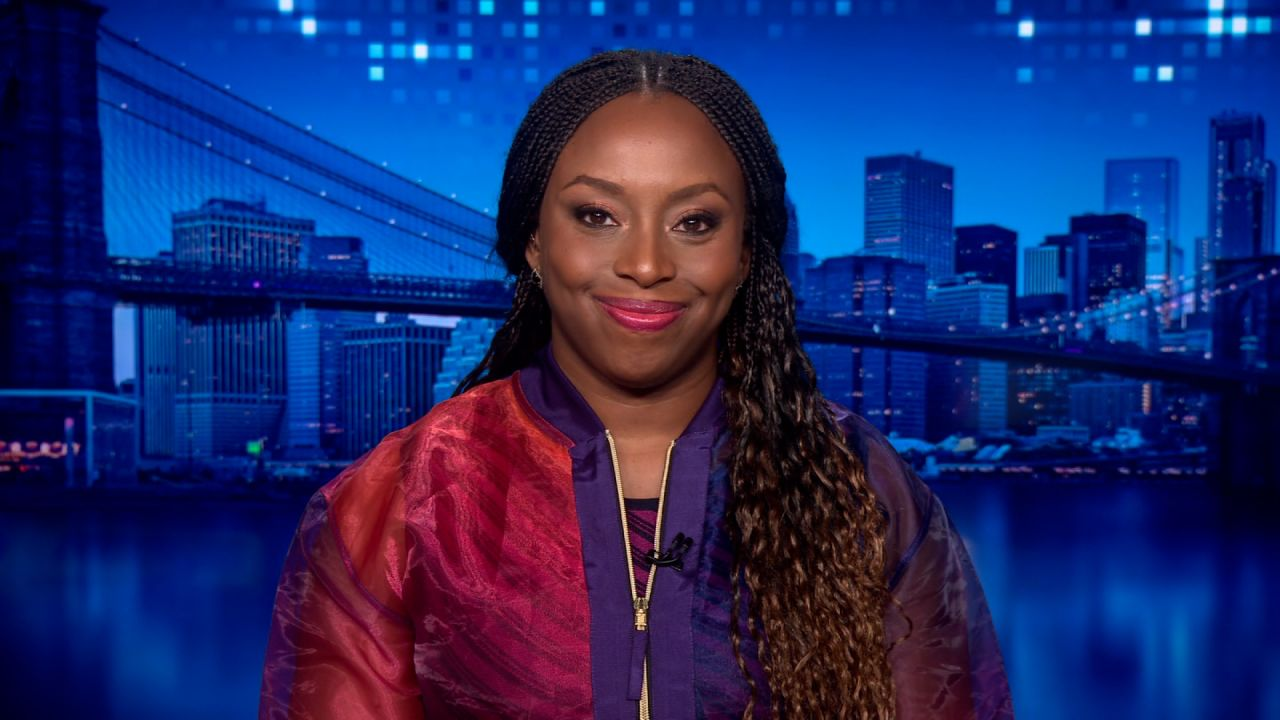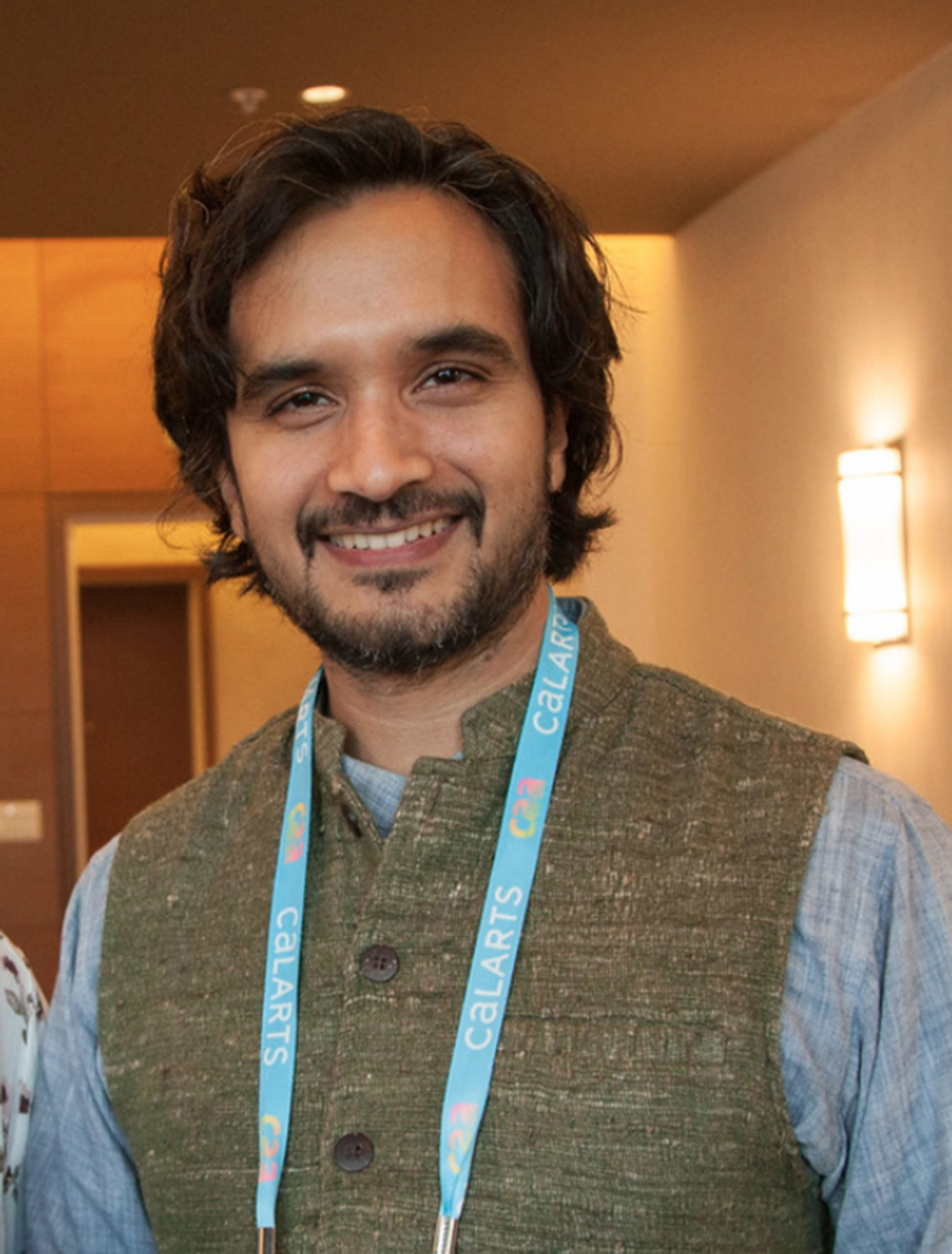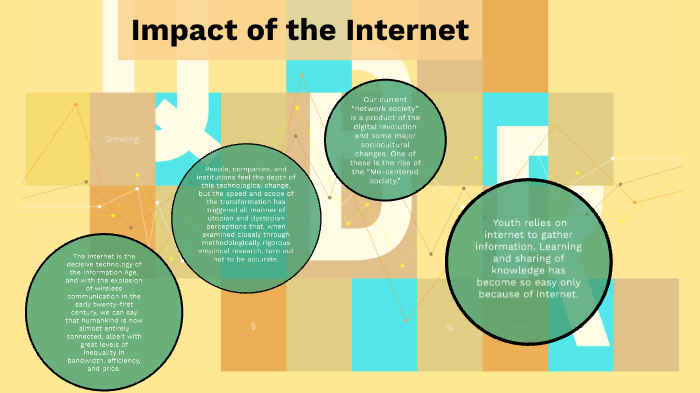Yosvany Terry, a prominent figure in Afro-Cuban music, is a remarkable musician and composer who bridges the cultural and musical divide between Africa and the Caribbean. His recent travels from Benin to Cuba have revealed the profound connections between the musical traditions of the African diaspora and contemporary genres like jazz. As a senior lecturer at Harvard, he diligently works to safeguard these arts and culture narratives through education and performance, fostering a deeper appreciation for their historical significance. By directing the Harvard Jazz Ensemble, Terry infuses Afro-Cuban rhythms into the academic experience, enhancing students’ understanding of global musical influences. His unique approach not only celebrates the richness of Afro-Cuban music but also emphasizes the importance of cultural identity and heritage in today’s society.
Yosvany Terry is an influential artist whose work encapsulates the essence of Afro-Caribbean musical heritage. His exploration of sound and rhythm resonates deeply with the historical ties between West African traditions and modern jazz, highlighting the vital role these arts play in shaping collective identity. As an educator and performer, Terry fosters a dynamic learning environment at Harvard, where students are encouraged to engage with diverse cultural influences. Through initiatives like the Harvard Jazz Ensemble and collaborative performances, he aims to enrich students’ educational journey by weaving together the threads of global musical traditions. This exploration of cultural intersections underscores the importance of understanding our shared artistic heritage and its impact on contemporary arts and culture.
Yosvany Terry: A Bridge Between Cultures
Yosvany Terry, an influential Afro-Cuban musician, stands at the nexus of musical evolution, blending his rich heritage with modern interpretations. His recent endeavors, particularly in advancing the study of Afro-Cuban music, have highlighted the interconnectedness of cultural traditions spanning from Africa to the Americas. As a senior lecturer at Harvard, Terry utilizes the framework of the Harvard Jazz Ensemble to introduce students to the complex rhythms and narratives embedded within this genre, illuminating how these traditions not only safeguard identity but also foster innovation in jazz.
In his journey from Benin to Cuba, Terry has uncovered profound insights into the rhythms that resonate through the African diaspora. His performances and teaching underline the importance of understanding these roots, where musical traditions serve as vessels for cultural identity. Through his work, Terry helps students appreciate the historical contexts that shape soundscapes, enabling them to engage with and preserve these treasured legacies that often go unnoticed in mainstream narratives.
Exploring Afro-Cuban Musical Traditions
Afro-Cuban music is a vibrant tapestry woven from the complex threads of African rhythms and Caribbean melodies. It represents not only a musical genre but a means of cultural expression deeply rooted in history and identity. In his discussions and classes at Harvard, Yosvany Terry emphasizes the essential role this music plays in reflecting the experiences of the African diaspora, especially as it evolved in response to social and cultural challenges. This exploration allows students to engage directly with the rich history that informs modern jazz and other popular music forms.
Terry’s efforts in showcasing these traditions aim to revive and honor the past; he often draws parallels to how these Afro-Cuban styles influenced various musical movements across the globe. His commitment to preserving these forms aligns with a broader movement within the arts and culture spheres that seek to elevate marginalized voices and experiences. By fostering an appreciation for the intricacies of Afro-Cuban music, Terry not only enriches the academic environment at Harvard but also inspires a new generation of artists to explore and innovate within these rich traditions.
Impact of Yosvany Terry on Jazz Education
As the director of the Harvard Jazz Ensemble, Yosvany Terry plays a pivotal role in reshaping how jazz is taught and experienced within educational contexts. His approach emphasizes cross-disciplinary collaboration, integrating lessons from diverse musical backgrounds, including Afro-Latin influences, with a focus on emerging artists who can share these rich histories with students. Through this lens, students are not only learning to perform but are also encouraged to contextualize their art within the greater narrative of the African diaspora.
Terry’s efforts reflect a commitment to evolving jazz education beyond traditional frameworks. By inviting esteemed jazz masters from various backgrounds, he provides students with unparalleled access to knowledge and musical practices that challenge their perceptions. This exposure encourages creativity and adaptability, qualities that are essential in a world where cultural exchange and fusion are increasingly celebrated. Terry’s leadership in this realm is a testament to his dedication to fostering a comprehensive and inclusive understanding of jazz as an art form.
The Importance of Cross-Departmental Collaborations
Yosvany Terry believes in the power of collaboration across academic departments to enrich the arts experience at Harvard. By engaging with colleagues from varied disciplines, he seeks to create interdisciplinary projects that explore the intersections of arts, technology, and culture. For instance, his work with engineering professors to investigate the application of artificial intelligence in music composition is an innovative approach that merges technical expertise with artistic creativity, potentially revolutionizing how musical traditions are preserved and presented.
Collaborative endeavors such as these not only enhance the learning experience for students but also cultivate a culture of creativity that transcends traditional boundaries. Terry’s vision encourages students to think critically and explore the relevance of diverse cultural expressions in contemporary contexts. Such initiatives highlight the importance of a robust arts education that prepares students to engage thoughtfully with the world around them while preserving and celebrating rich cultural traditions.
Educating the Next Generation of Artists
The educational philosophy of Yosvany Terry is deeply rooted in empowering students to become advocates for the arts. Through hands-on experiences, masterclasses, and collaborative projects, he aims to equip students with a nuanced understanding of their cultural legacies. This approach not only fosters technical skills in performance but also instills a sense of responsibility to keep these traditions alive, encouraging them to share their newfound knowledge within their communities and beyond.
Terry’s commitment to education is reflective of a larger movement within the arts to create inclusive spaces for dialogue and exploration. By emphasizing the significance of personal connections to cultural heritage, he encourages students to tap into their histories, fostering a deeper resonance with the music they perform. This transformative process not only shapes them as artists but positions them as vital contributors to the ongoing narrative of arts and culture.
The Role of ArtsThursdays in Community Engagement
ArtsThursdays at Harvard has emerged as a vital platform for connecting the university’s artistic initiatives with the surrounding community. Yosvany Terry’s involvement in this program underscores the importance of accessibility in the arts, encouraging a more inclusive environment where creativity thrives. By inviting community members to experience performances such as “Imaginary Dialogues: Dahomey,” Terry and his colleagues bridge the gap between academic artistry and public engagement, promoting a broader appreciation for diverse musical traditions.
The impact of ArtsThursdays extends beyond mere performance; it fosters a sense of belonging and connection among participants. By showcasing works that reflect the richness of the African diaspora, the program calls attention to the cultural narratives that deserve recognition. Terry’s vision for these events is not only to entertain but to educate and inspire, reinforcing the value of artistic expression as a conduit for cultural dialogue and communal growth.
Researching Musical Roots: A Quest for Knowledge
Yosvany Terry’s research endeavors delve into the musical roots that span from West Africa to the Caribbean, seeking to unravel the profound impacts of the African diaspora on contemporary music practices. This scholarly pursuit, particularly his research in Benin, allows him to connect with musicians who carry forward traditional sounds that have shaped the landscape of Afro-Cuban music. By immersing himself in these practices, Terry gains invaluable insights that inform his compositions and teaching methodologies.
This quest for knowledge reinforces the significance of preserving cultural heritage through music. By documenting his findings and sharing them with students, Terry effectively breathes life into historical narratives that often remain hidden. His commitment to research not only enriches his musical contributions but also empowers students to explore their own cultural identities through sound, ultimately strengthening the ties between past and present musical traditions.
The Future of Arts and Culture at Harvard
In advocating for a robust future for the arts, Yosvany Terry envisions a Harvard that embraces diversity across all artistic disciplines. Recognizing the transformative potential of inclusive programming, he stresses the importance of inviting artists of varied backgrounds to share their perspectives and experiences. This diversification is essential in fostering a vibrant arts scene that resonates with the rich cultural tapestry of our society, particularly in a world increasingly characterized by global exchange.
As the arts landscape continues to evolve, Terry’s aspirations highlight a commitment to pushing boundaries and reimagining educational models. He aims to ensure that the arts remain a dynamic and integral part of the Harvard experience, engaging students not just as performers but as thoughtful advocates for cultural understanding. This vision for the future of arts and culture at Harvard reflects a dedication to fostering an environment where creativity and collaboration flourish.
Frequently Asked Questions
What is Yosvany Terry’s connection to Afro-Cuban music?
Yosvany Terry is an acclaimed musician and composer known for his deep roots in Afro-Cuban music. His work seeks to explore and celebrate the musical traditions of Cuba, influenced by the African diaspora, highlighting how these traditions have shaped contemporary music.
How does Yosvany Terry research musical traditions of the African diaspora?
Through his travels to West Africa, specifically Benin, and his work in Cuba, Yosvany Terry conducts research that examines the connections between African musical traditions and their influence on genres like jazz. He collaborates with local musicians to understand and document these cultural ties.
What role does Yosvany Terry play at Harvard University?
Yosvany Terry serves as a senior lecturer on music and the director of the Harvard Jazz Ensembles. He is dedicated to teaching students about the significance of Afro-Cuban musical practices and their historical context, enriching their education with insights from his research.
What impact does Yosvany Terry aim to have on his students through the Harvard Jazz Orchestra?
As the director of the Harvard Jazz Orchestra, Yosvany Terry aims to inspire students by exposing them to various jazz masters and Afro-Latin influences. He encourages a deep understanding of music’s cultural roots and fosters collaboration across artistic disciplines.
How does Yosvany Terry incorporate his research into performances?
Yosvany Terry incorporates his research findings into performances, such as the upcoming ‘Imaginary Dialogues: Dahomey’ concert. His performances often blend insights gained from his studies of Afro-Cuban music with traditional practices of the African diaspora.
What are the future aspirations Yosvany Terry has for the arts at Harvard?
Yosvany Terry hopes to continue expanding the representation of diverse musical traditions at Harvard, ensuring a rich and inclusive arts presence. He envisions fostering collaborations that enhance students’ understanding of arts and culture, particularly Afro-Cuban influences.
How does Yosvany Terry’s work with the ArtsThursdays initiative benefit the community?
ArtsThursdays, supported by Yosvany Terry and featuring performances by Harvard faculty, enhances the visibility of the arts within the Harvard community and beyond. This initiative allows for free access to high-quality performances, fostering engagement with Afro-Cuban music’s cultural heritage.
What makes Yosvany Terry’s approach to teaching unique?
Yosvany Terry’s teaching approach is distinguished by his ability to connect academic study with real-world applications in music. By unearthing cultural histories and fostering interdisciplinary collaboration, he transforms students’ understanding of Afro-Cuban music and its relevance to modern identity.
In what ways does Yosvany Terry’s background influence his musical compositions?
Yosvany Terry’s Cuban heritage and experiences in Benin deeply inform his musical compositions. He often draws inspiration from the rich tapestry of Afro-Cuban musical traditions, integrating elements of both past and present in order to create works that resonate with cultural significance.
What kind of collaborations does Yosvany Terry encourage among his students?
Yosvany Terry encourages collaborations that transcend traditional boundaries, urging students to engage with various arts disciplines and cultures. His initiatives often involve travel to countries like Cuba and the Dominican Republic, promoting firsthand learning experiences in Afro-Cuban music.
| Key Points | Details |
|---|---|
| Yosvany Terry’s Research Focus | Exploring the links between musical traditions of Benin and the Caribbean, specifically the impact of the African diaspora on jazz. |
| Recent Travels | Investigation opportunities in Benin and Cuba, engaging with local musicians and cultural traditions. |
| Cultural Identity Preservation | Highlighting how traditions were safeguarded among enslaved populations to maintain cultural identity. |
| Educational Sharing | Plans to incorporate research findings into teaching at Harvard, emphasizing the influence of these traditions on popular culture and identity. |
| New Artistic Works | Terry’s research is inspiring new compositions, including an opera reflecting historical significance. |
| Impact of ArtsThursdays | The initiative raises visibility for the arts at Harvard, fostering community engagement and interdisciplinary collaboration. |
| Teaching Philosophy | Terry values curiosity in students and promotes collaboration across departments to enhance learning. |
| Future of Arts at Harvard | Aiming for a diverse and rich presence of arts through expanded offerings and collaboration with artists and professors. |
Summary
Yosvany Terry’s recent endeavors and research illuminate the profound connections between musical traditions in Benin and the Caribbean, shaping our understanding of cultural identity and influence in jazz. As Terry continues to explore these vital links, his contributions promise to enrich the educational landscape at Harvard and beyond, promoting a broader appreciation for the arts and their origins.


